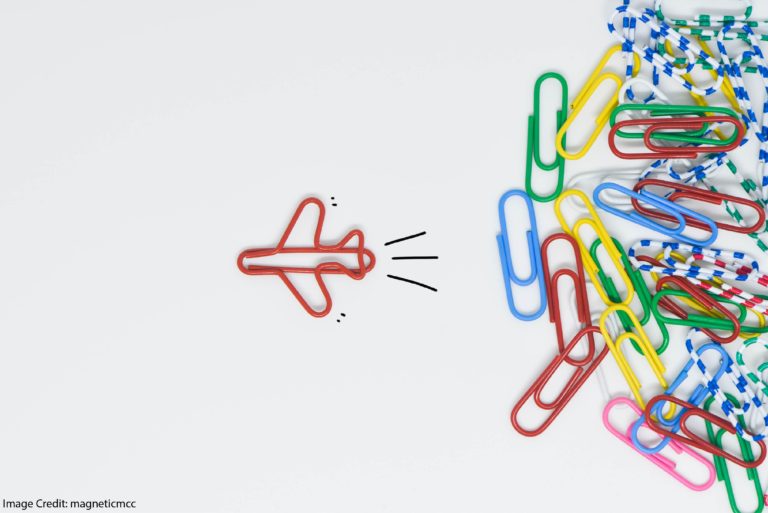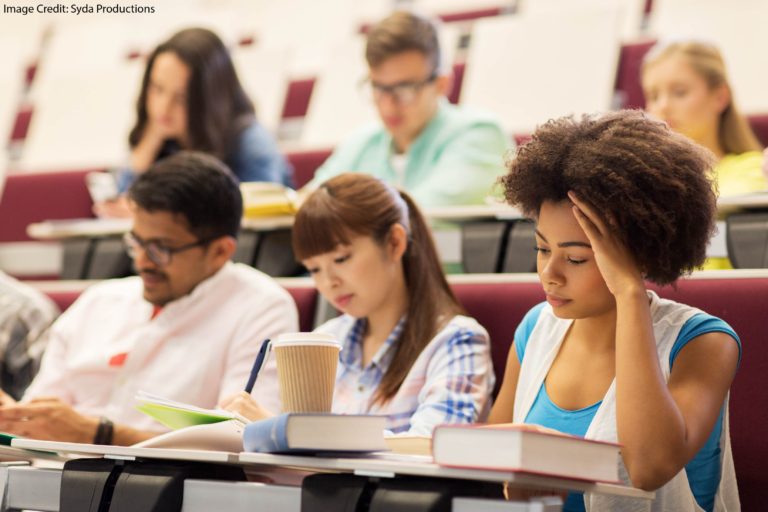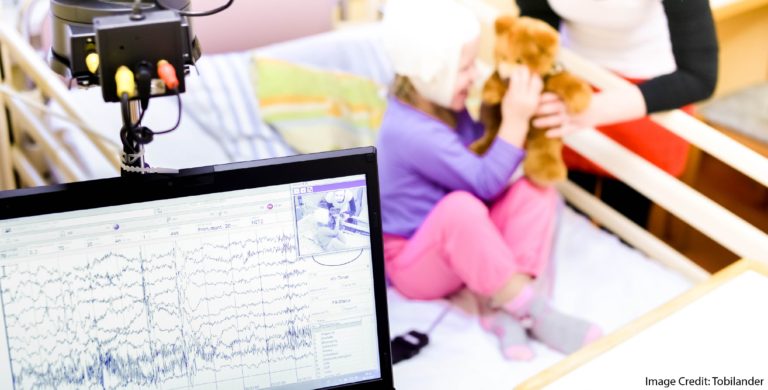-
ABOUT THE AUTHOR
Andrew Watson
Andrew began his classroom life as a high-school English teacher in 1988, and has been working in or near schools ever since. In 2008, Andrew began exploring the practical application of psychology and neuroscience in his classroom. In 2011, he earned his M. Ed. from the “Mind, Brain, Education” program at Harvard University. As President of “Translate the Brain,” Andrew now works with teachers, students, administrators, and parents to make learning easier and teaching more effective. He has presented at schools and workshops across the country; he also serves as an adviser to several organizations, including “The People’s Science.” Andrew is the author of "Learning Begins: The Science of Working Memory and Attention for the Classroom Teacher."
Tags
ADHD adolescence attention autism book review boundary conditions classroom advice conference speakers constructivism/direct instruction creativity desirable difficulty development dual coding elementary school embodied cognition emotion evolution exercise experts and novices gender high school homework intelligence long-term memory math methodology middle school mind-wandering mindfulness Mindset motivation neuromyths neuroscience online learning parents psychology reading retrieval practice self-control skepticism sleep STEM stress technology working memoryRecent Comments
- Goals, Failure, and Emotions: a Conceptual Framework |Education & Teacher Conferences on “Learning from Mistakes” vs. “Learning from Explanations”
- From Destruction to Rebuilding: Hope in Science’s Down Cycle on When Analogies Go Wrong: The Benefits of Stress?
- Dual Coding: Boosting Learning Through Words and Images – White Dragon of East County on Visual & Verbal: Welcome to “Dual Coding”
- "All People Learn the Same Way": Exploring a Debate |Education & Teacher Conferences on The Goldilocks Map by Andrew Watson
- URL on Difference Maker: Enacting Systems Theory in Biology Teaching, by Christian...
ABOUT THE BLOG
![AdobeStock_134653655 [Converted]_Credit](https://www.learningandthebrain.com/blog/wp-content/uploads/2019/03/AdobeStock_134653655-Converted_Credit-768x520.jpg)
The Debate Continues: Being Bilingual Doesn’t Improve Executive Function
Adding to a complex research history, a new study finds that being bilingual did not increase executive function. Given the complexity of this question, perhaps we should focus on the obvious benefits of being bilingual: we can meet and talk with more people. Continue reading

Factual Knowledge Must (Not?) Precede Higher Order Thinking
Scholars who focus on learning have long debated the importance of factual knowledge. Some (like Daniel Willingham) argue students need facts to undertake higher order synthesis and creativity. Others (like Jo Boaler) disagree. Recent retrieval practice research suggests that the primacy of facts might be overstated. But: it’s the first study of its kind, and we’ll need more information before we make big decisions. Continue reading

The Better Choice: Open- or Closed-Book Quizzes
As predicted by research into “retrieval practice,” closed-book quizzes do in fact help students learn better than open-book quizzes do. Once again, the right kind of difficulties can be desirable in school. Continue reading

The Limitations of Neuroscience in Guiding Teachers
Neuroscience offers fascinating insights into brains; psychology provides specific teaching suggestions. However much we enjoy and learn from the former, we should keep our eye on the latter. (Helpful links provided.) Continue reading

The Best (Counter-intuitive) Sleep Advice You’ll Get This Year
How to fall asleep faster? According to this research, take 5 minutes a write a to-do list for the upcoming days. This technique offloads stress, and promotes faster sleep onset. Continue reading

Studying Wrong Answers Helps Learn the Right Ones
With teaching as with baking, sometimes you should follow steps in a very particular order….

How Can We Encourage Girls to Pursue STEM Disciplines?
When we see alarming statistics about gender disparities in STEM disciplines, we quite naturally wonder…

Can We Boost Our Students’ Self-Control?
You have, no doubt, heard about this research before. Walter Mischel tested preschoolers on self-control….

A Handy Summary of Memory Definitions, for Teachers and Students
Here‘s a quick summary of information about memory: sensory memory, working memory, long-term memory, and…

Does Music Promote Students’ Creativity?
Music played during a creative task distracts students…but, music played before the task might increase creativity. Continue reading

